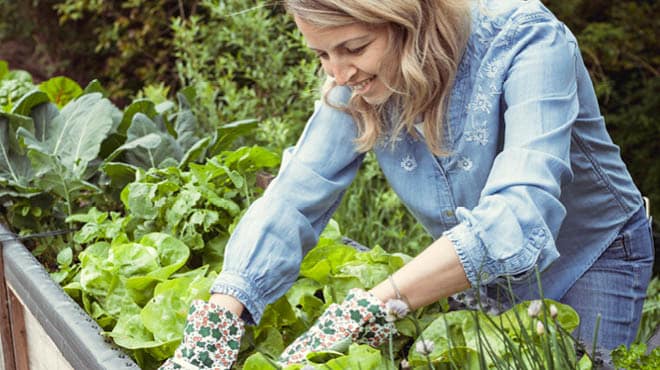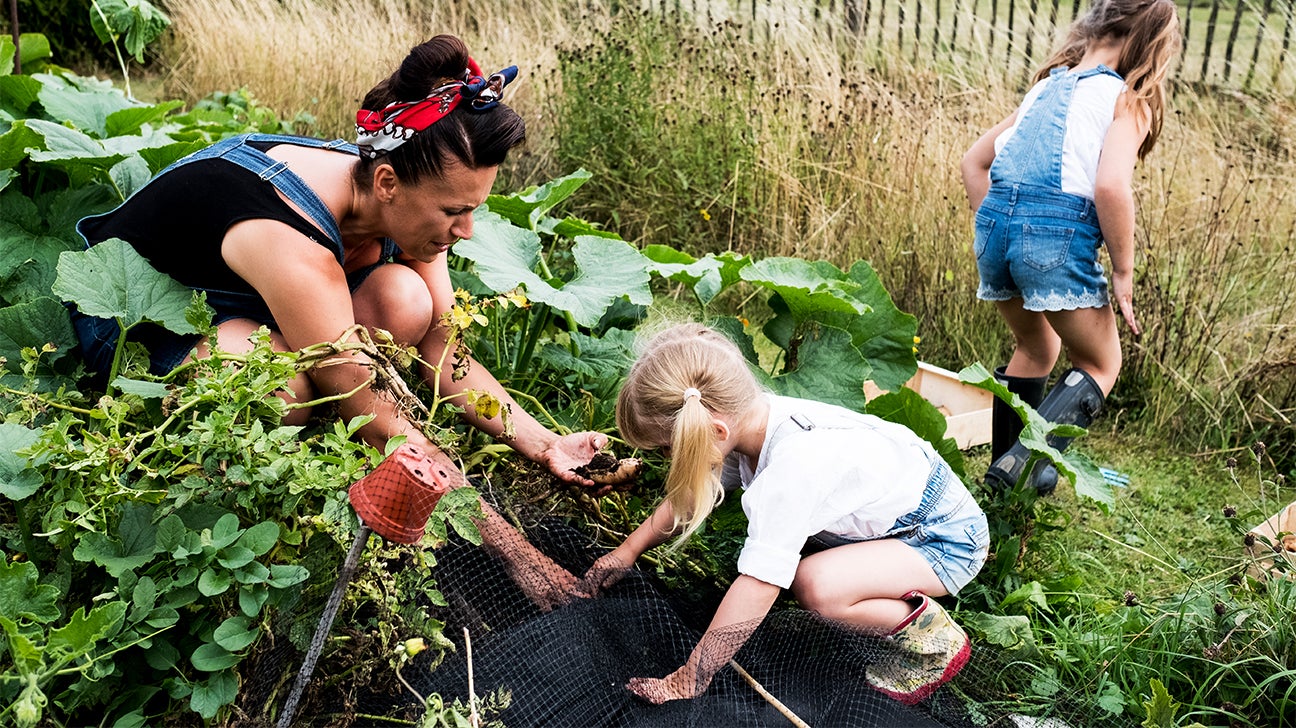Leading Gardening Techniques to Boost Plant Growth and Wellness
Recognizing the Different Types of Gardening and How They Add to a Healthier Lifestyle and Atmosphere

Benefits of Vegetable Gardening
Several people are increasingly identifying the myriad advantages of veggie horticulture as a vital part of a much healthier lifestyle. Participating in veggie horticulture offers many physical health benefits, consisting of boosted physical activity, which improves cardio health and advertises overall physical fitness. The act of growing, weeding, and harvesting calls for motion and can help fight inactive habits, adding to weight administration and enhanced muscle tone.
Furthermore, growing one's own vegetables significantly improves nutritional high quality. Domestic fruit and vegetables is usually fresher and more nutrient-dense contrasted to store-bought options, as it can be taken in quickly after harvest. This ease of access encourages a greater intake of vegetables and fruits, which are crucial for avoiding persistent diseases.
In addition, veggie gardening promotes mental well-being by giving a healing electrical outlet for stress alleviation and relaxation. The act of tending to plants can be introspective, enabling individuals to link with nature and escape the pressures of life. In addition, the lasting technique of growing one's very own food minimizes dependence on industrial agriculture, adding to environmental preservation and promoting biodiversity. Jointly, these advantages underscore the significance of veggie horticulture as a keystone of a healthier way of living.
Exploring Flower Horticulture

Along with aesthetic benefits, flower horticulture supports regional ecological communities. Several blooming plants draw in pollinators, such as bees and butterflies, which are crucial for preserving biodiversity. The visibility of diverse plants can likewise boost soil health and wellness, as various plants add to vitamins and mineral biking and boost soil structure.
In addition, blossoms can play a considerable role in advertising lasting practices. Several gardeners select native or drought-resistant species, which need less water and minimal chemical inputs. This approach not just profits the atmosphere however likewise encourages accountable gardening behaviors.
Inevitably, flower gardening offers as an important part of a holistic gardening technique. Gardening. By growing charm and supporting local ecological communities, it balances with vegetable gardening and highlights the significance of nurturing both our physical and psychological well-being through nature
Container Gardening Advantages
Container gardening offers countless benefits that make it an appealing alternative for both novice and experienced gardeners. Among the key benefits is its versatility; containers can be put on outdoor patios, terraces, and even inside your home, enabling gardening in areas with restricted ground access. This versatility makes it possible for people in urban atmospheres or those with small yards to cultivate plants properly.
Additionally, container gardening gives improved control over soil high quality and moisture degrees. Gardeners can pick details soil blends to enhance plant health and wellness and mitigate concerns like weeds and bugs. The mobility of containers likewise permits very easy relocation to optimize sunlight exposure or secure plants from stormy weather condition.
In addition, container gardens can be visually pleasing, supplying a possibility for creativity in design. Gardening. They can serve as decorative aspects that enhance outdoor or interior areas while promoting biodiversity by bring in pollinators
Last but not least, container horticulture can contribute to a healthier lifestyle by urging exercise, as it usually includes training, planting, and preserving plants. In general, the advantages of container horticulture make it an easily accessible and satisfying technique for those looking for to enhance their way of living and atmosphere.
The Surge of Vertical Horticulture
As urban areas come to be progressively crowded, the fad of vertical horticulture has taken off, permitting individuals to optimize their gardening capacity in minimal locations. This ingenious strategy entails expanding plants in upright frameworks, such as wall-mounted planters, trellises, or specialized upright yard systems. The allure of vertical gardening exists not just in its effective usage of space yet likewise in its visual contribution to metropolitan settings, changing bare wall surfaces right into rich eco-friendly landscapes.
Vertical yards can be mounted in homes, terraces, and community spaces, providing a platform for expanding a selection of plants, consisting of herbs, veggies, and ornamental blossoms. This approach motivates biodiversity and can boost air top quality by filtering contaminants while promoting a link to nature in largely inhabited areas. Additionally, vertical horticulture provides sensible advantages, such as boosted return per square foot, making it an appealing option for metropolitan garden enthusiasts looking for to expand their own food.

Sustainable Practices in Gardening
Accepting sustainable methods in gardening is necessary for promoting ecological health and wellness and guaranteeing the viability of our natural deposits. Lasting gardening techniques focus on lowering ecological effect, conserving water, and fostering biodiversity. By carrying out methods such as organic horticulture, garden enthusiasts can lessen making use of artificial plant foods and chemicals, which can harm regional ecological communities.
Companion planting is one more reliable sustainable technique, where specific plants are grown together to see here now enhance development and deter insects naturally. Furthermore, making use of indigenous plants in landscaping supports neighborhood wildlife and requires less maintenance, as they are inherently adjusted to the regional climate and soil problems.
Water preservation techniques, such as rain harvesting and drip watering, assistance to successfully manage water resources, thus decreasing waste. Composting organic waste not only like this enhances the dirt however likewise decreases landfill contributions, promoting a round economic situation.
Last but not least, exercising crop turning and cover cropping enhances dirt wellness and reduces the risk of parasite infestations. By incorporating these sustainable techniques, gardeners can produce resistant communities that add to a healthier way of life while guarding the environment for future generations.
Conclusion

Finally, the diverse approaches of horticulture, consisting of veggie, flower, container, and upright horticulture, jointly promote a healthier way of living and boost environmental sustainability. Each kind provides distinct benefits, from giving fresh fruit and vegetables and attracting pollinators to enhancing minimal spaces and motivating biodiversity. By cultivating sustainable practices, these gardening comes close to not only add to private health however likewise support more comprehensive environmental conservation initiatives, here are the findings ultimately lowering dependence on commercial agriculture and improving neighborhood resilience.